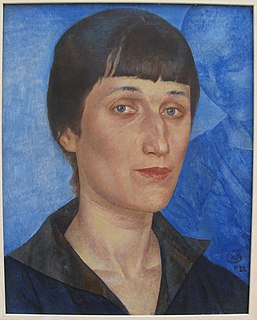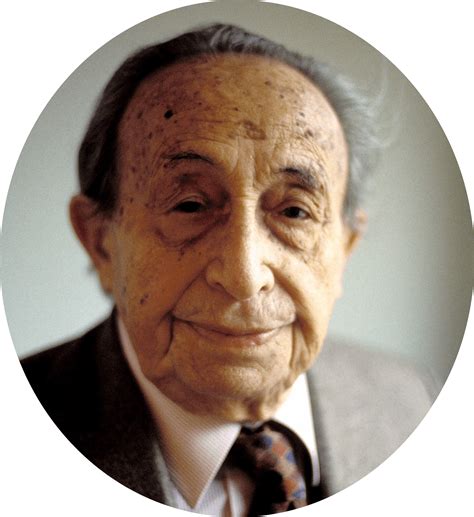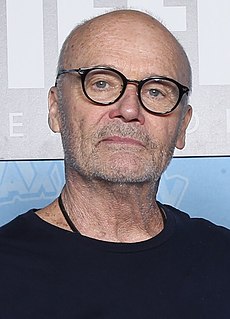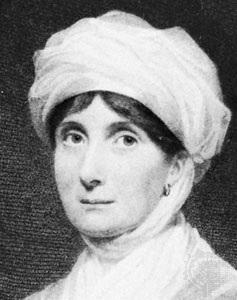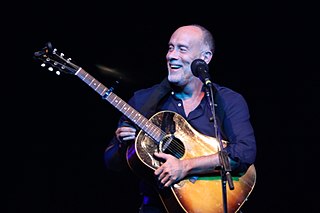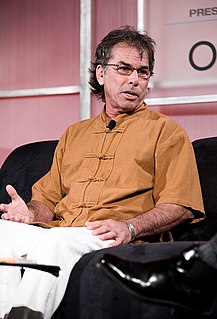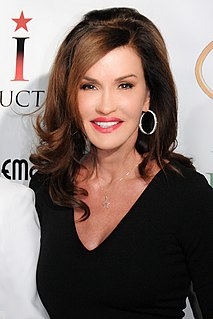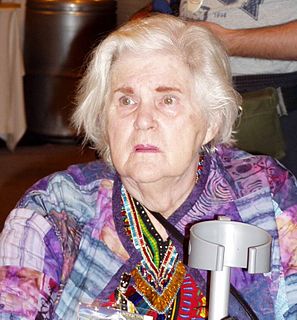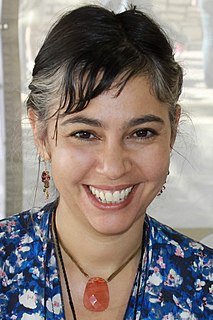A Quote by Anna Akhmatova
But Fear and the Muse in turn guard the place
Where the banished poet has gone
And the night that comes with quickened pace
Is ignorant of dawn.
Related Quotes
I must not fear. Fear is the mind-killer. Fear is the little-death that brings total obliteration. I will face my fear. I will permit it to pass over me and through me. And when it has gone past, I will turn the inner eye to see its path. Where the fear has gone, there will be nothing. Only I will remain.
I must not fear. Fear is the mind-killer. Fear is the little-death that brings total obliteration. I will face my fear. I will permit it to pass over me and through me. And when it has gone past I will turn the inner eye to see its path. Where the fear has gone there will be nothing. Only I will remain.
When you're a female poet, would you, therefore, invoke a male muse? When nuns get consecrated into their vocations, they become brides of Christ. Christ is the bridegroom. In these symbolic actions, rather than in physical actions, where a male reaches sexuality or participates in intimate exchanges, if one uses a different term - there's often a heterosexual figuring that takes place. The male poet invokes a beautiful female muse. The virginal nun consecrated invokes the male bridegroom, Christ.
To struggle when hope is banished! To live when life's salt is gone! To dwell in a dream that's vanished! To endure, and go calmly on! The brave man is not he who feels no fear, For that were stupid and irrational; But he, whose noble soul its fear subdues, And bravely dares the danger nature shrinks from.
To almost no one's surprise, Astrid said, "Dune, by Frank Herbert. 'I must not fear. Fear is the mind-killer. Fear is the little death that bring total obliteration. I will face my fear. I will permit it to pass over me and through me. And when it has gone past I will turn the inner eye to see its path. Where the Fear has gone there will be nothing.'" She and Lana together spoke the last phrase of the incantation. "'Only I will remain.
My path to poetry was slow and meandering. When I eventually found my way to graduate school at 29, making a life as a poet seemed like a bohemian fantasy. But maybe my zigzagging trajectory is just an excuse for tardiness, when fear is really the root of any reason I might give. My perfectionism and pace are certainly driven by fear that a poem is imperfect or incomplete. More significantly, my struggle to fully dedicate myself to poetry was a fear of failure.
